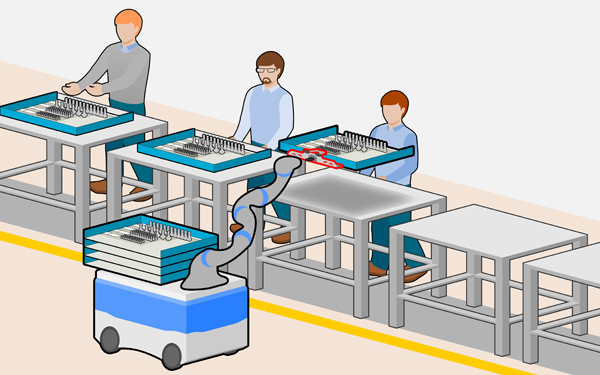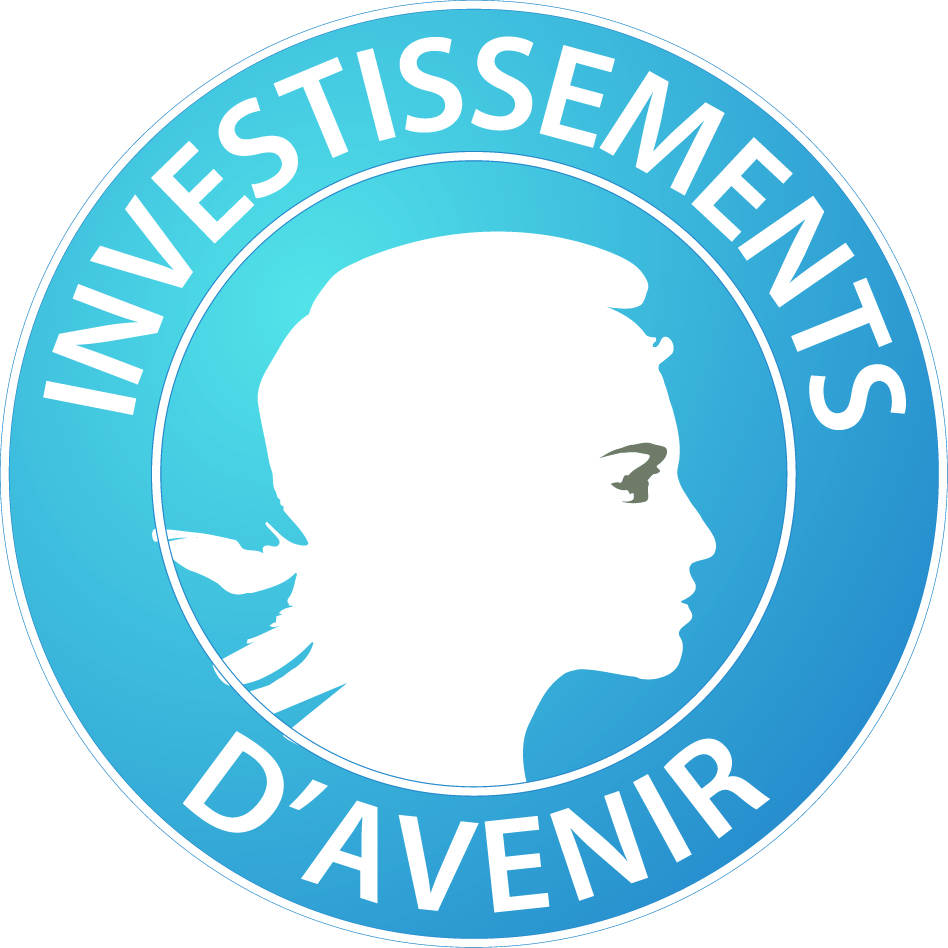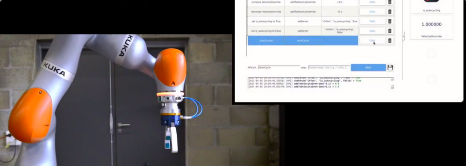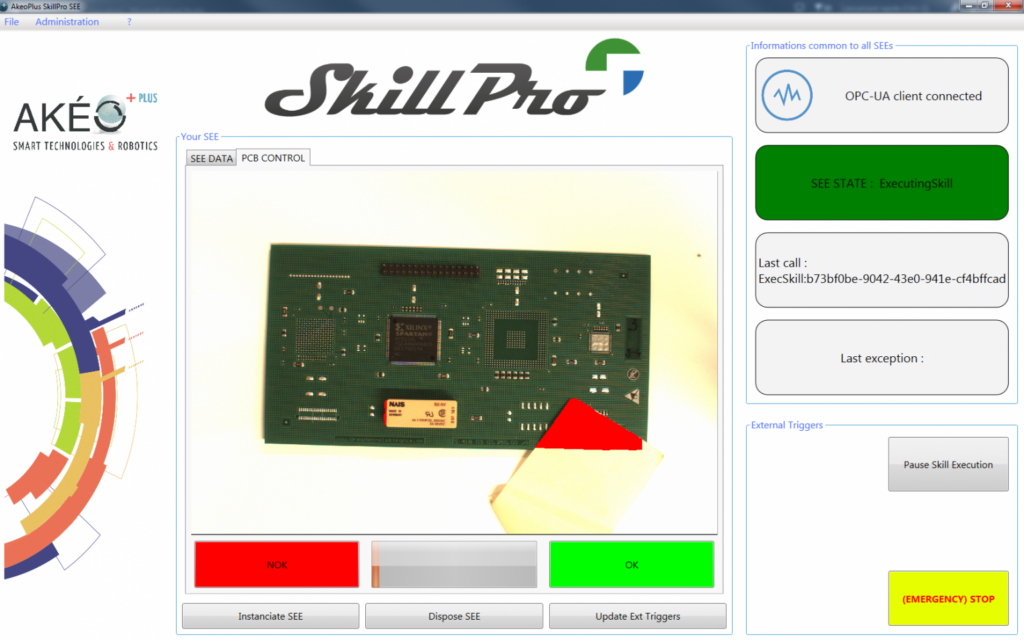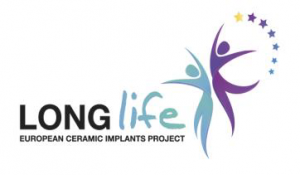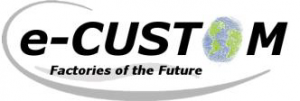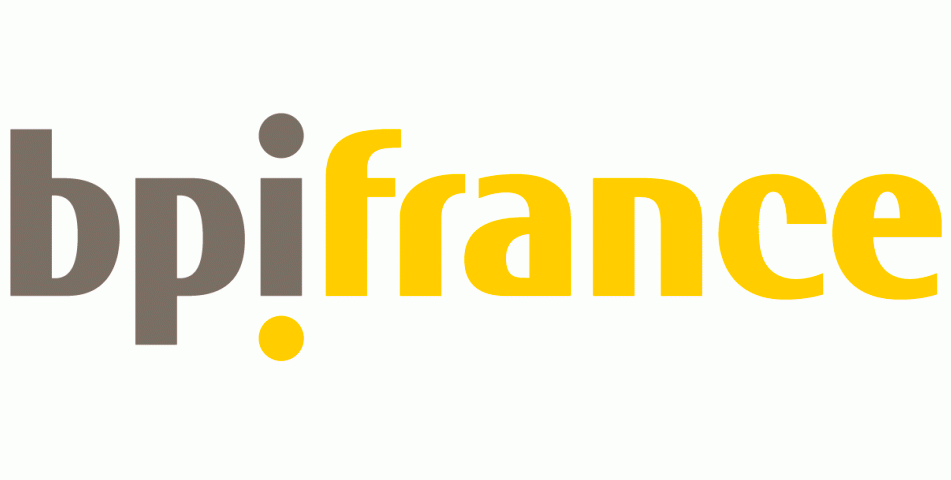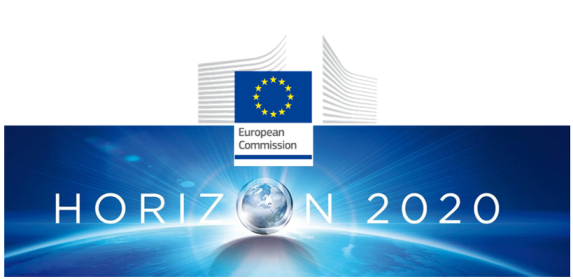R&D PROJECTS
To make sure we are always on the cutting edge of technology, and because we are always stronger together, research is part of our DNA.
We carry out a lot of R&D projects and actively contribute to the development of new technologies to expand robotics skills in our industries.
We create the solutions of tomorrow in a winning relationship with the best French and international laboratories and research centers.

MOOV’IT
The MoovIt project aims at accelerating the deployment of mobile robots in production environments through modular design and increased capabilities.
In collaboration with Inria, innovative algorithms for perception and navigation are developed and integrated in a custom, collaborative mobile robot.
This project is supported by La Région Auvergne-Rhône-Alpes with the “R&D Booster” funding program. The project started in 2020 and will last 3 years.
COVER SESAMS
The concept of the SESAMS project is to benchmark and contribute to the safety tools developed by the COVR project, on the use-case of mobile robots. Innovative collaboration and navigation capabilities are also developed in partnership with AKKA Research.
This project was supported by the European Commission via the COVR project. The project started in 2020 and lasted 9 months.
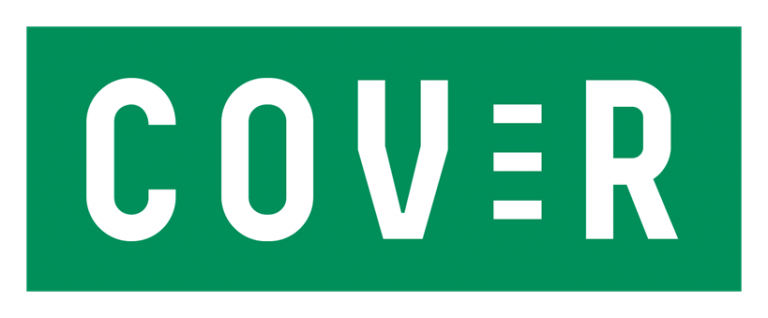
ECAI (COVR)
The mission of the European COVR project is to significantly reduce the complexity of certifying
collaborative robots. Within COVR, the ECAI project evaluates COVR tools in the cobot preindustrialization phase and extends the COVR framework to the integration of AI techniques into cobots.
In collaboration with LNE, this project was supported by the European Commission via the COVR project. The project started in 2019 for a duration of 9 months.
eITUS (RobMoSys)
Faced with the growth and diversification of the robotics community, the European RobMoSys Project aims to coordinate developments under a model-based standard approach in order to create a European ecosystem. In this context, the eITUS project proposes models and tools to verify the safety of robotic systems in the design phase by means of automatic analysis in fault injection simulation.
In collaboration with Tecnalia, this project was supported by the European Commission via the RobMoSys project. The project started in 2018 for a duration of 12 months.
ColRobot
The European collaborative robotics project ColRobot combines the latest European robotics technology requirements. Its applications are dedicated to assembly processes and are designed for the automotive and aerospace sectors.
The consortium created includes 11 partners from 5 European countries (large companies, SMEs, research organizations, and academic partners).
The total budget of the project was 4 million euros invested by the European Commission. It started on February 01, 2016 for a duration of 36 months.
CSF 4.0
Within the framework of the Industrial Projects of the Future (PIAVE) of the BPI, the CSF 4.0 project aims to develop technical bricks specific to the automotive factory of the future, such as cobotics, mobile robotics, decision support algorithms or digitization of the factory and data visualization through virtual and augmented reality.
The French consortium included 6 industrial partners and 1 academic partner. The project was supported by the BPI and received the ID4CAR label. This one started in 2016 for a duration of 36 months.
Trac
The Trac Project aims to develop a generic turnkey solution for the detection of defects in the industrial sector. The objective is to be able to control defects automatically and unitarily, to neutralize them, remove them, and eradicate their causes, thanks in particular to the development of knowledge bases coupled with innovative acquisition modules.
Such a solution meets a strong industrial demand and would provide a real solution that is cost-effective, efficient, and transposable to many sectors. Launched in 2016 for a duration of 36 months, this project responds to the 24th Call for Projects of the Fond Unique Interministériel (FUI) to support R&D projects undertaken competitiveness clusters.
It has been accredited by Matéralia Minalogic, Pôle Véhicule du futur, and Fibres Energivie. It is supported by BPI France, the Grand Est and Auvergne-Rhône-Alpes regions, Mulhouse Alsace Agglomération and the European Union through its ERDF fund.
P-RC2 - Platform for Robot Controller Construction
The project was born within the scope of a French project entitled “Investissements d’Avenir”, in response to the national call for proposals on Embedded Software and Connected Objects (LEOC).
The aim of this project was to build a collaborative software environment through a generic platform for controller development. This allows manufacturers to quickly and simply deploy an intelligent system on their production site, and gives them the keys to make it evolve. The project started in 2015 for a duration of 36 months.
SkillPro
SkillPro’s goal was to implement new reconfigurable and intelligent manufacturing systems. The vision of SkillPro was to consider a “modern” manufacturing system as a combination of collaborative cyber-physical assets offering different skills, based on the AutomationML open standard.
Built around a consortium of 11 French and European partners. SkillPro lasted from October 2012 to September 2015. The total budget of the project was just over 5M euros.
Longlife
European project aimed at developing oral and lumbar implants using innovative materials, in order to attain perfect reliability and a life span of more than 60 years.
The consortium created included 12 partners from 6 European countries. The total budget of the project was 5.5 million euros, including 4 million euros invested by the European Commission. The project started on January 1, 2012 for a duration of 42 months
E-CUSTOM
E-Custom was a European project addressing the challenges of mass customization for the Factory of the Future, by exploiting web technologies.
The objective was to enable end customers to customize the product of their choice while organizing the manufacturing chain on demand from decentralized suppliers. The consortium created included 11 partners from 6 European countries.
The total budget of the project was 4.4 million euros, including 3 million invested by the European Commission. The project started on June 1, 2010 for a duration of 36 months.


